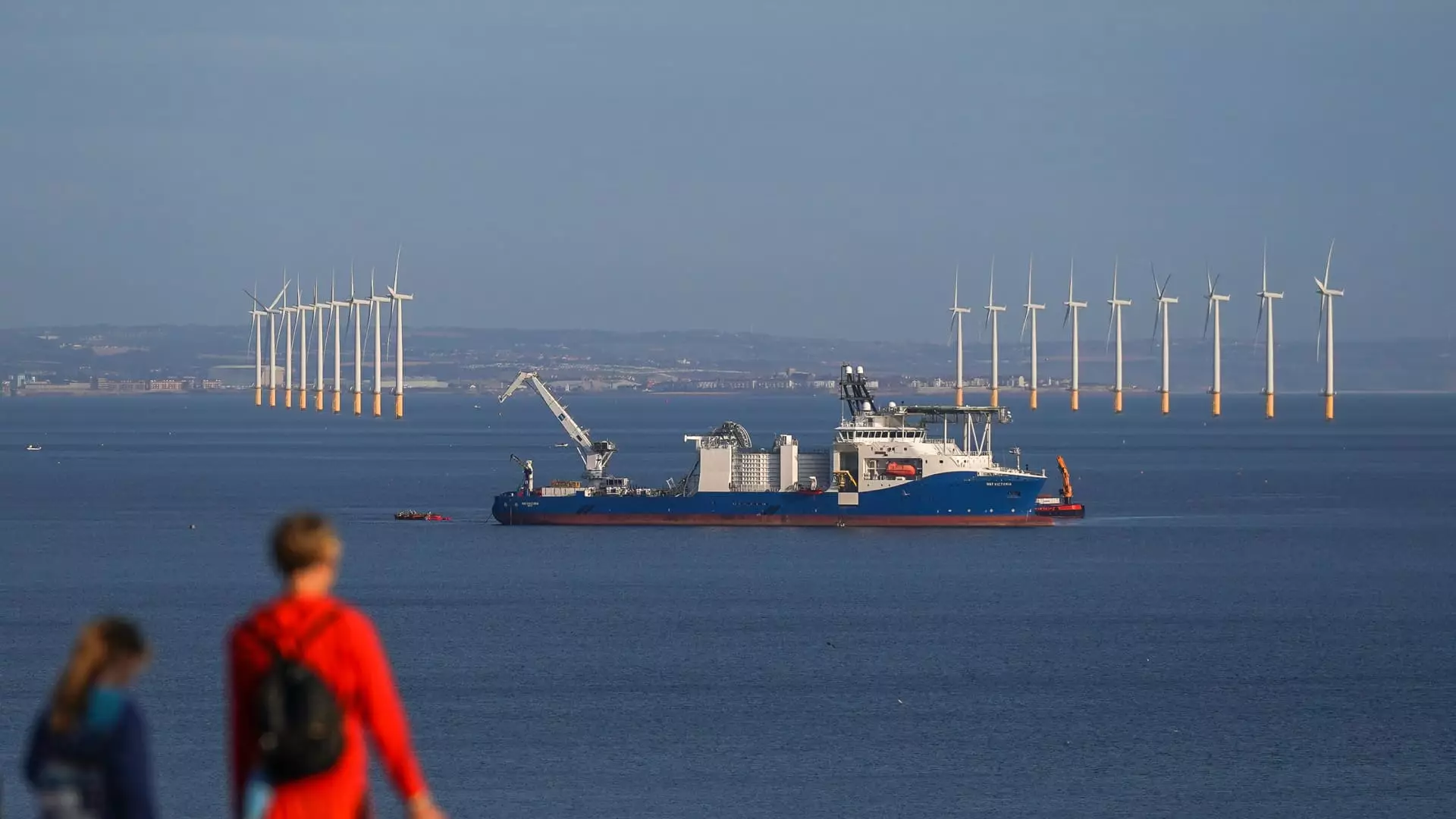The recent remarks from U.S. President-elect Donald Trump regarding the United Kingdom’s North Sea energy policy have sparked fiery discussions about economic strategy and political influence. Trump criticized the Labour Government for its windfall tax, labeling it a “very big mistake” that compromises Britain’s energy independence. In a time where energy transitions are meticulously navigating complexities, such political interventions can considerably affect public perceptions and decisions within the energy sector.
Trump’s comments seem to revolve around the imminent withdrawal of U.S. oil and gas producer APA Corporation’s connection in the North Sea, which the company attributes to the unviable economic conditions exacerbated by Britain’s Energy Profits Levy (EPL). This situation spotlights a pivotal question of energy economics: how much taxation can be levied on energy companies before their operations become unsustainable? The windfall tax was implemented with the intention of tapping into excessive profits during a period of high oil prices, yet its ramifications raise concerns about job security and production capabilities in the region.
The Labour Party’s Position
The Labour Party, now solidified in its governance, has expressed intentions to extend the windfall tax, increasing it from 35% to 38% and prolonging its effectiveness until March 2030. This strategic move aims to generate revenue that facilitates the U.K.’s transition to alternative energy sources. However, critics argue that such decisions may deter investment in mature fields like the North Sea, which are crawling with profitability challenges when external costs and political actions come into play.
The notion of funding the transition from fossil fuels is noble and aligns with broader global objectives of reducing dependency on non-renewable resources. Nevertheless, the immediate consequences of raising taxes amidst significant geopolitical tensions and high inflationary pressures necessitate comprehensive risk assessment and management.
Reaction from industry stakeholders has been somewhat muted, a reflection of the complex environment in which they operate. While companies like Shell and major North Sea producers like BP and Harbour Energy remain largely quiet on the issue, the urgency of their silence speaks volumes. Their hesitation to engage in political chatter illustrates a strategic stance that prioritizes internal affairs over external commentary—a calculated decision to avoid further volatility in operations amidst a challenging market landscape.
The declining attractiveness of the North Sea for multinational energy corporations represents a worrying trend. As the potential for offshore wind projects burgeons, operational viability of traditional fossil fuel extraction could falter under increased scrutiny and fiscal pressure.
Moving forward, finding equilibrium between nurturing renewable energy pursuits and ensuring the viability of existing energy sources will be critical. The North Sea holds untapped potential in both realms, but careful navigation of policy, industry relations, and market conditions will be essential.
As countries pivot towards greener technologies, the balance of power in energy production must also reflect the economic realities of the present. Policymakers should strive for open dialogue with industry players to cultivate a collaborative environment where both old and new energies can coexist and thrive without compromising national energy security. In the heart of this dilemma lies the challenge of leadership, foresight, and above all, an unwavering commitment to sustainable development.


Leave a Reply